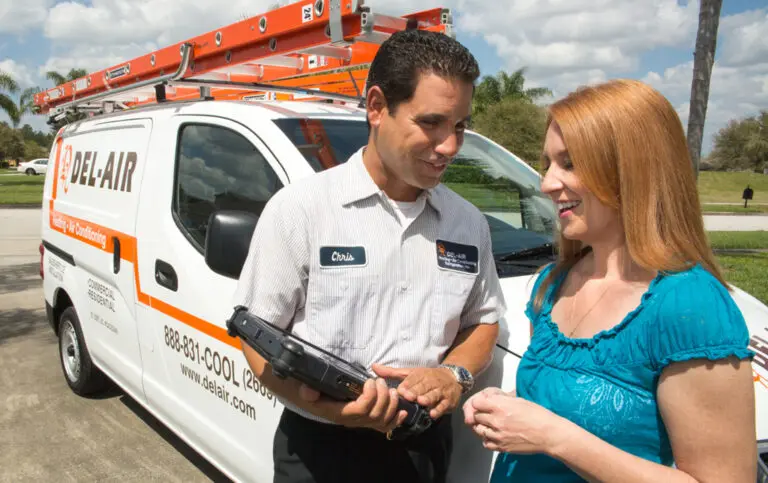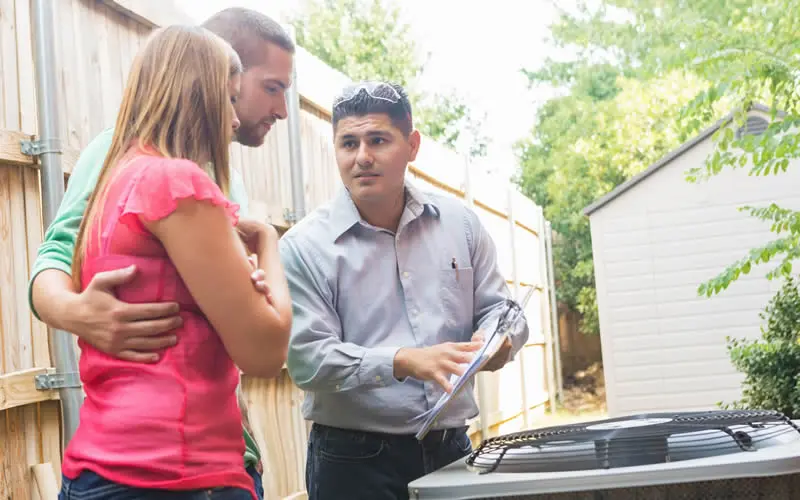
Despite the typically mild temperatures in Florida, homeowners do have to run their heaters now and again. Unfortunately, when the thermometer plummets, energy bills have a tendency to move in the other direction, and the problem is compounded for those homes that are rife with air leaks. Referring to all the seams, cracks, and openings that allow air to escape from your home, leaks can wreak havoc on your utility bills and affect your family’s ability to stay comfortable throughout the year.
As Florida’s choice for expert Tampa air conditioning services, Del-Air takes pride in helping families stay warm during the winter and cool during the summer. Here are a few steps for finding air leaks and keeping your heating bill on the down-low:
1. Search for Cracks
Start your air leak investigation by looking for cracks inside and outside the home. Along with searching for spaces around windows and doors, check the skylights and foundation for gaps and rot. You can also hold your hand up in front of vents, windows, and doors on a cold day to test for holes.
2. Perform a Blower Test
To locate all potential leak sites, consider hiring a Tampa air conditioning service professional to perform a blower test. This home air pressure assessment uses a large fan to pull air from the outside in, revealing cracks and gaps. After your home has been depressurized, the contractor can walk around and identify air leaks in the structure before repairing them.
3. Seal Up Leaks
After all the leaks have been identified, you can begin sealing them up. While caulking is best for wall and foundation cracks of less than a quarter inch in width, weather stripping is most effective for spaces around doors and windows. You may also want to consider squirt foam for medium-sized gaps in the structure.
Keep Your Home Warm This Winter With Del-Air
Unsure about the best methods for sealing air leaks in the home? Contact the Tampa air conditioning service technicians at Del-Air and let us do the job for you. You can also visit us online for more great HVAC tips for keeping your family cozy and warm all winter long.
How often do you check your home for air leaks? We’ll tell you if you should be checking more of less.






